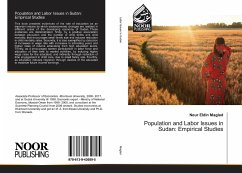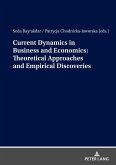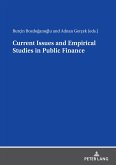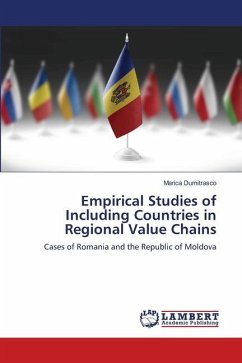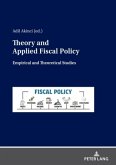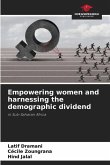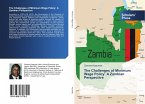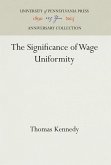This book presents evidences of the role of education as an important means by which socioeconomic changes are realized in different areas of the developing economy of Sudan. These evidences are demonstrated, firstly, by a positive association between education and the number of child births and child mortality, that encourages small family size and induces reduction in child mortality rates. Secondly, it is also exemplified by detection of increases in wage rate with increases in schooling years and higher rates of returns emanating from high education levels. Thirdly, as it encourages women participation in labor force and allocation of their time to market activities, by inducing higher wage rates for the educated, and indirectly through reduction of time engagement in child care, due to small family size. Fourthly, as education induces migration through desires of the educated to maximize future income earnings.
Bitte wählen Sie Ihr Anliegen aus.
Rechnungen
Retourenschein anfordern
Bestellstatus
Storno

